Books read:
Grey Bees, Andrey Kurkov
The Pickwick Papers, Charles Dickens
Books reading:
Metamorphosis and Other Stories, Franz Kafka
The Diaries of Franz Kafka, Franz Kafka
Barnaby Rudge, Charles Dickens
Pickwickians, unite!
It’s been a slow month here in the Reading Room. My attentions have been elsewhere; the backlog of books are now mounting. I’m writing music, I’m writing a book, I’m vacuuming up box elder bugs, living and dead. It’s a lot.
But books, like movies and TV, like other peoples’ music, are a super important part of the creative process! They are the in-breath to creation’s out-breath. If all you’re doing is making, you’re going to run out of air sooner or later. Time to take stock, to get yourself out of your own mind, to wander in the fields of other souls’ creations. Finding that balance can be challenging sometimes, but it doesn’t take much to get things back in line.
A few days ago, I listened to the last written report of Mr. Pickwick — he’s happily retired in some leafy suburb of London, surrounded by his friends and confidants. I was a bit heartbroken to leave him there, I have to admit. I really loved this book, The Pickwick Papers, and I think, dear Machinist, that it might steal the coveted number one spot in my list of Best Dickens (That I Have Read). I’d seen elsewhere that it’s considered among his best, but I just didn’t see how it could outdo the immersive world of Bleak House or the plot zigzags of Our Mutual Friend. But it does! And also I have to say: it stands out, as far as I can tell, from virtually every other book he’s written as his only truly comic novel. It’s so funny and nimble. And it was his debut! I think he became a more sophisticated writer as he went along, a more practiced storyteller, but man, Pickwick is so funny and sweet. All of those digressions and side-stories and plot spin-offs: Mr. Pickwick remains the eye of the storm. We always return to Mr. Pickwick, the innocent goof that he is.
Anyway, here’s my revised ranked Dickens:
The Pickwick Papers
Bleak House
Our Mutual Friend
A Tale of Two Cities
Nicholas Nickleby
Great Expectations
Little Dorrit
Oliver Twist
David Copperfield
Hard Times
Incidentally, I saw Pee Wee’s Big Adventure at the Columbian Theater in Astoria recently. I couldn’t tell if it was just me living in Pickwick’s world for so long or what, but I kept seeing a parallel between Pee Wee Herman and Mr. Pickwick. Both of them are child-like innocents. They are eccentrics, they are ageless. They both have their own gravitational pull, bringing these disparate characters they meet on their adventures into their orbits. And they have a kind of miraculous aura that surrounds them, one that shines on the best parts of humanity. Good people in crisis are made better in the company of Pee Wee and Pickwick; villains are brought lower or are reformed. They do this through the power of their own goodness and innocence. Which is not to say that they are perfect people — they each have their own flaws. They are stubborn and sometimes blind to the real world around them, but nonetheless they prevail.
AND they are both P.W. [insert mind-blowing gif here]
I dunno; it’s a theory. I leave it to the real Dickens scholars out there to develop your doctoral thesis around this idea. It’s all yours.
But wait: is there a further parallel to be drawn from the other book I just finished, Andrey Kurkov’s Grey Bees? Sergey Sergeyich, the main character in the novel, is a kind of Pickwickian/Pee Weeite force. Kurkov is a celebrated Ukrainian novelist; this is his latest book to be translated into English (though his new book, Jimi Hendrix Live in Lviv, has just been longlisted for the International Booker Prize — congrats Andrey!). It follows the journey of a beekeeper, Sergey, as he leaves his war-torn village in the Gray Zone of Eastern Ukraine to bring his bees to the sunnier climes of Russian-occupied Crimea. You really grow attached to Sergey and his singleminded quest to better the lives of his bees, all the while the world is crumbling around him. It’s interesting to see the social, political, and cultural boundaries of Ukraine laid out in the book, as Sergey seems to cross them all. He looks out for his separatist-supporting “frenemy,” the only other person remaining in his Grey Zone village while befriending a Ukrainian national soldier. He helps a Tatar woman in a majority-Orthodox Crimean village find out what happened to her husband; he helps her daughter escaped to Ukraine. Sergey, like Pickwick and Pee Wee, is a selfless innocent. Ultimately, he just wants what’s best for his bees. Along the way, he can’t help but also improve the lives of the people that are drawn into his orbit.
I had sought out Kurkov’s novel after Russia’s invasion of Ukraine; I wanted to read more books from Ukrainian voices and viewpoints. Kurkov seemed like a good starting point. It’s very affecting to read this book in the current climate, with Ukrainians fighting off a deeply unethical and illegal invasion within their borders. This book is set in 2014-2015, shortly after the Russian annexation of Crimea. It serves to remember just how long the Ukrainian people have been living in a war-torn country. It’s truly heartbreaking.
I walked out of Powell’s recently with an armload of books (one of them being Grey Bees), and they now occupy a shelf in my bedroom, eyeing me impatiently. Did I need to buy that expensive new hardcover edition of Kafka’s diaries? Probably not, but I did that thing, in my indecision, where I took it off the shelf and returned it so many times that eventually my arm got tired and it had to remain in its last position, which happened to be in my arms. I also grabbed a copy of The Metamorphosis and Other Stories because I actually do not own a copy of The Metamorphosis. I’ve only read The Trial and The Castle. And I call myself a Kafka fan! Penguin does these nice editions where illustrators get free reign to create new covers and I’m a sucker for those. Carson’s done one for Tender is the Night, actually. So that went into the stack, too.
The first stories in Metamorphosis are funny and strange, like odd little prose poems. Kafka’s career is so fascinating to me — he seemed genuinely from a different time, a different age. It makes sense that he achieved such household-name fame only decades after his death. I don’t think the world was quite ready for him during his life. Anyway, if you haven’t read any Kafka, you should. Maybe you’d start with Metamporphosis? Or you could skip straight to The Castle, which is my favorite.
Back to Dickens, then. My journey of having Simon Vance read me Charles Dickens novels is coming to a close, I’m afraid. As far as I can tell, only Barnaby Rudge remains. From the introduction (which includes a very sad description of a widowed woman being hung for shoplifting), it appears to be a historical novel, based on a riot in the late 18th century. And that, there, my friends, as they say, is my jam. More on that in future Reading Rooms!
Till next time! What unread stacks of books are currently glaring at you from some bedside bookshelf?


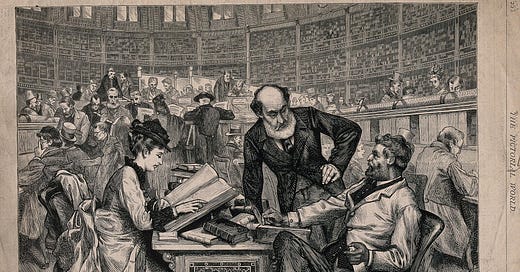





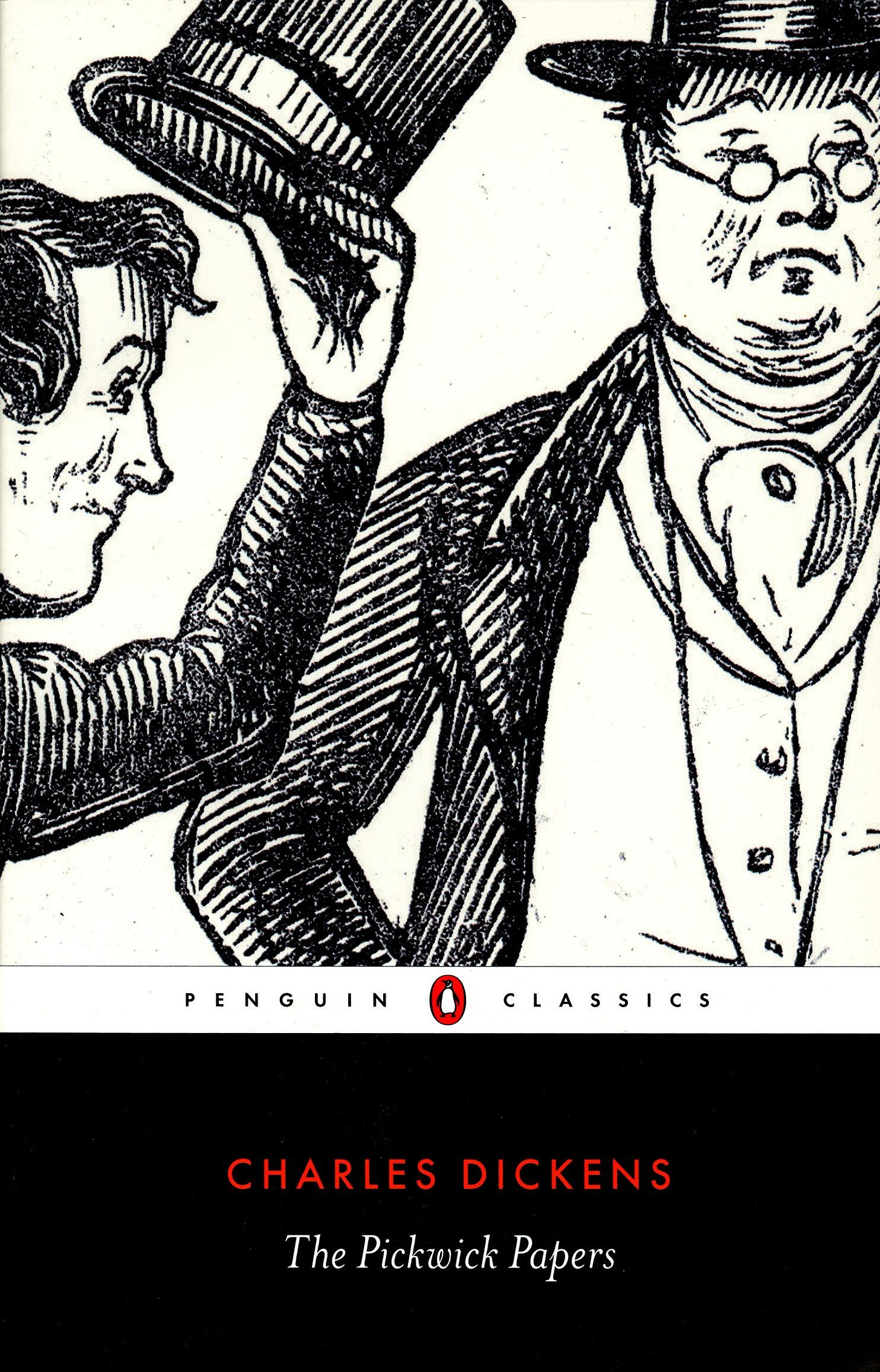


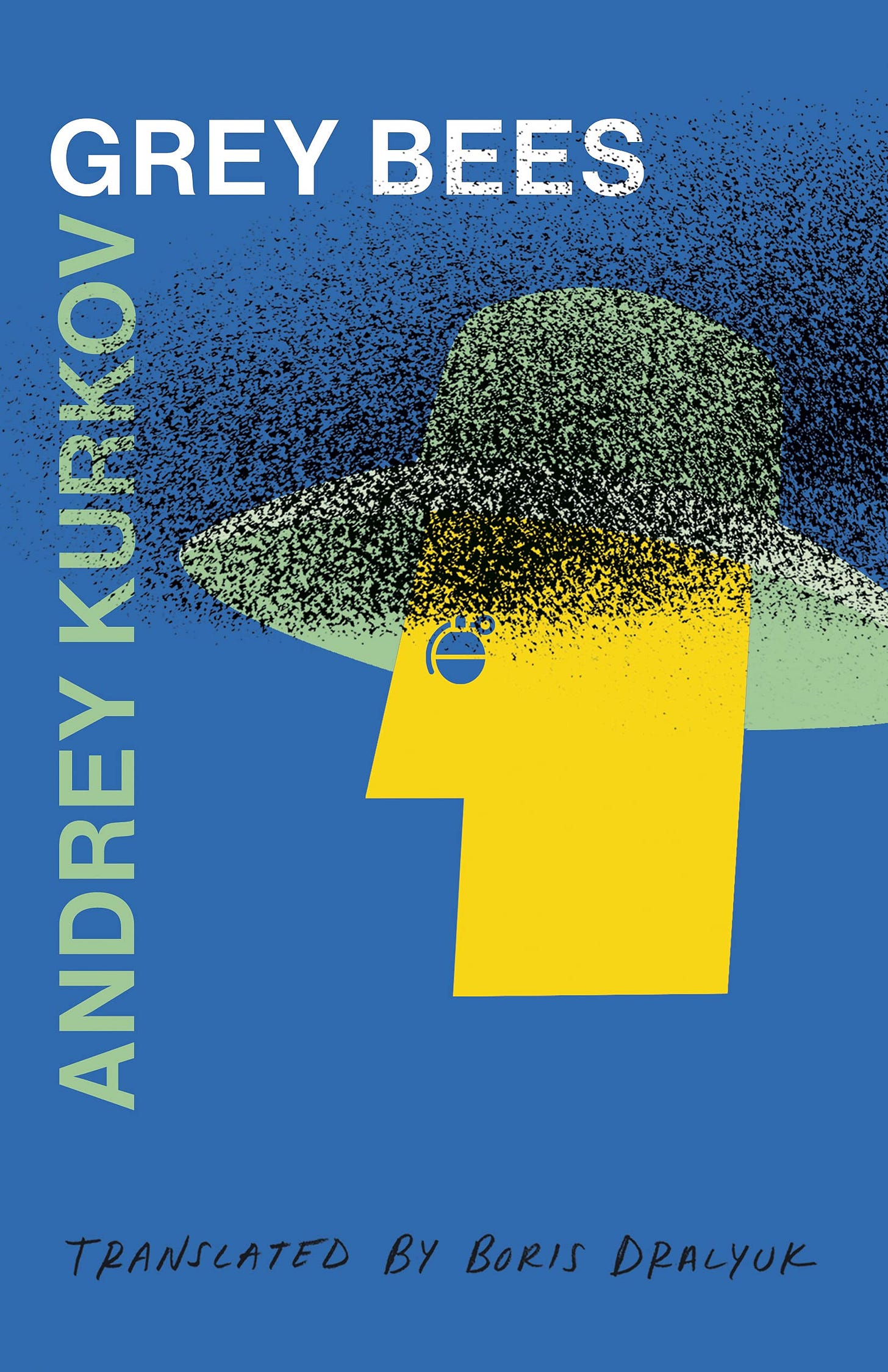
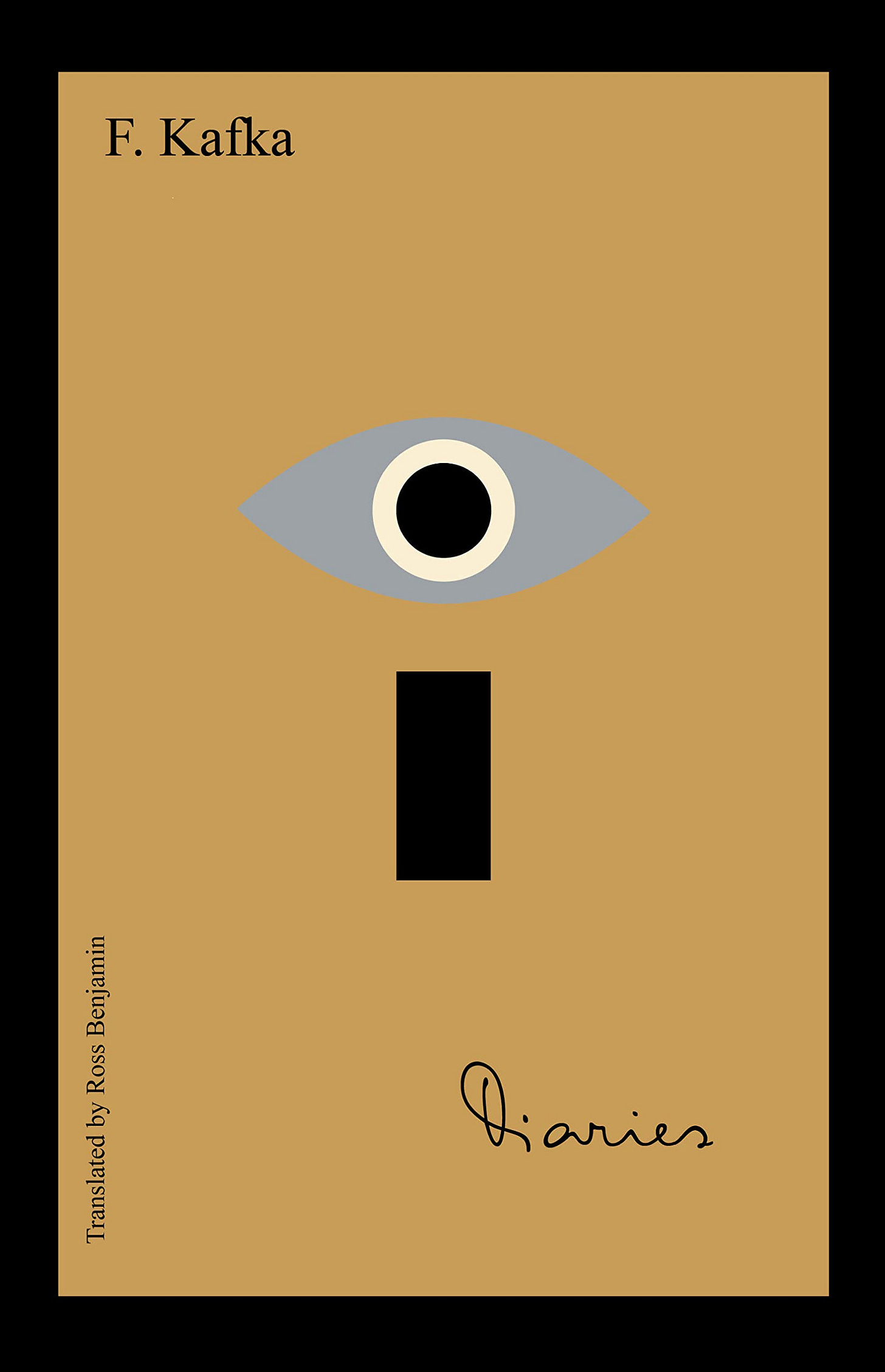
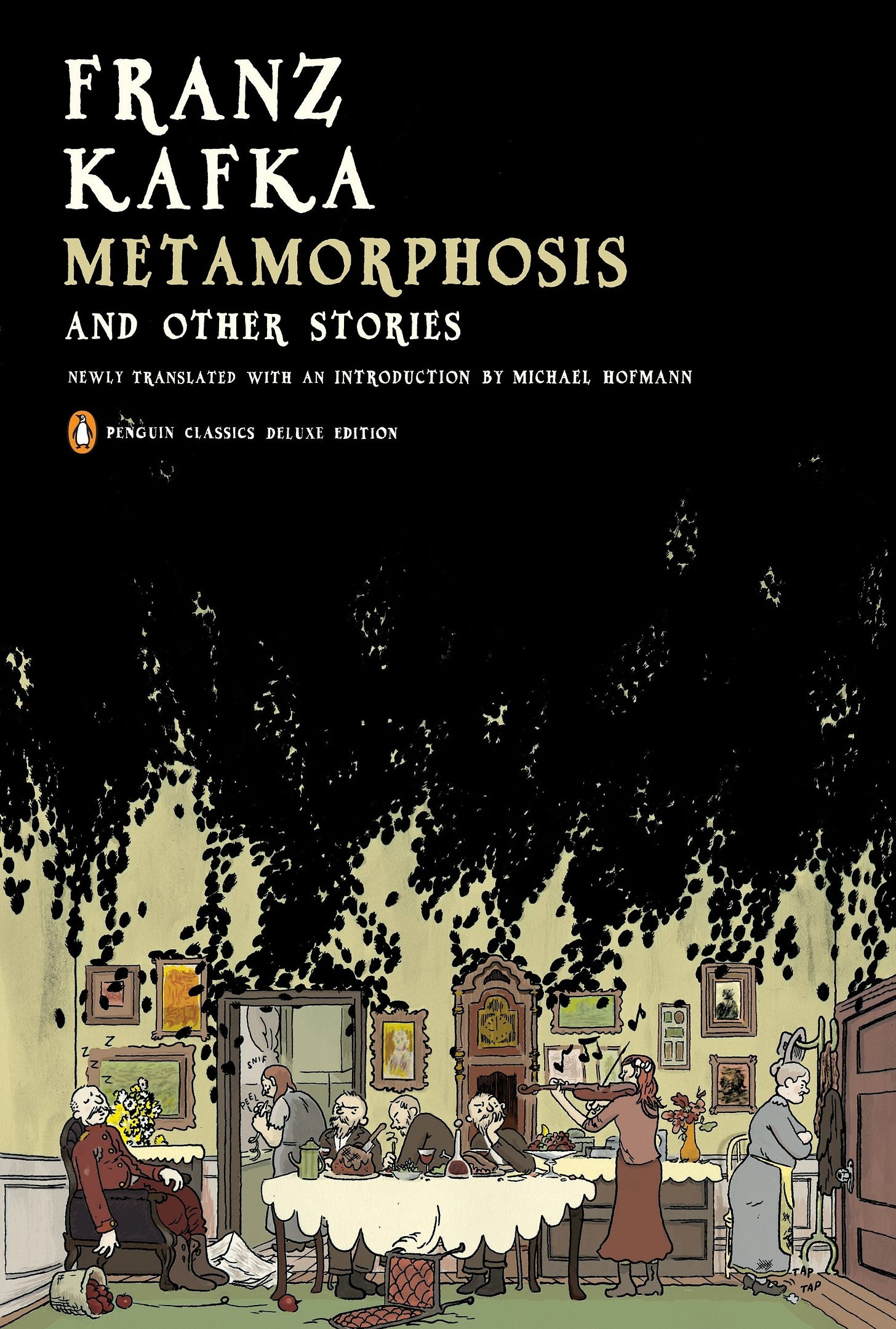

from peewee to kafka, i like your taste in literature ;)
Have you seen the the BBC miniseries version of Little Dorrit with Claire Foy? It's SPECTACULAR.